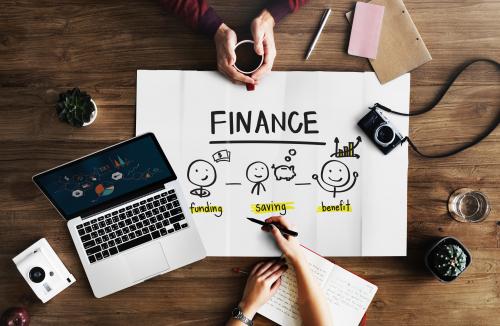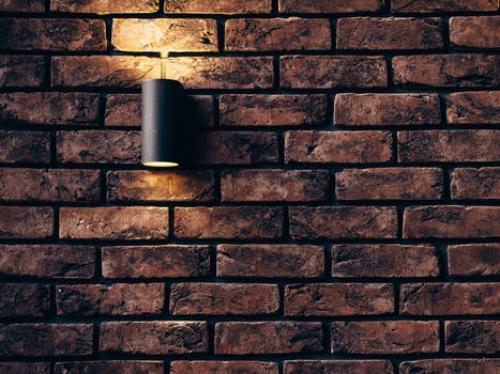A 4 step plan to pay off your mortgage and become debt free
This is the simple plan I show all my clients. If you follow the steps you can have success. I use it for planning my own finances and you may find it as a useful road map for financial stability.
This is something you have to want to do and only you can decide to do it. No one else will do it for you. If you want it you can have it!
Here are the steps:
1. Set aside a rainy day fund
Understanding and changing your financial habits is a process and can’t be done overnight. It’s something to work at little by little, one step at a time. My best advice is to stop using credit cards to purchase things. Sometimes you have to use the cards but you must pay off the balances when you do. If you have some money set aside you can avoid using the credit cards when things come up.
2. pay off your debt
If you have debt, you need to find a way to pay it off. Once you have stopped using credit cards and gotten into the habit of using cash to make your purchases, it’s very important to set a goal to pay off all your debt. If you have someone who can help you then that’s ok; there are other ways too. I will list below some ideas.
- Stop using credit cards- don’t accumulate more debt
- Consolidate your debt with one loan and use the new monthly payment savings to pay down remaining debt balance. Don’t just spend the new money.
- Try to buy a used car with cash as opposed to buying a new car with a loan
- Borrower from a parent or relative, you may be able to borrower against future inheritance.
- Secure a gift or early advance from parent or relative from inheritance.
- Rob a bank- just kidding- HAHA
- Transfer balance to one 0 interest credit card
- Sell something; if you have anything of value you can live with out- sell it and use the cash to pay off your credit cards.
3. Save enough money to cover 1 year of salary
Once you have your debt paid off use the money you save to put dollars in a liquid emergency account.
Some ideas for you to consider:
- Using cash to buy things is a mindset and a habit; learning to save money is no different. Creating and sticking with a budget Is extremely important.
- Go thru all your bills a couple of times a year and look for what you can reduce or get rid of.
- If you have more than one car and you do not need it, sell it!
- Write on paper how much you should be spending for food gas ect ect. The important thing is to pay attention to what you are spending money on and modify your habits. Freeing up money to save is the name of the game.
- Put your money in a account that you have to go out of your way to get to but accessible in case of emergency.

4. Set a goal to have enough money in retirement and savings to pay off your mortgage on your balance sheet
The idea here is to find ways to grow enough of a liquid account on your balance sheet so should you choose to do so for whatever reason; you have funds to do so. This gives you choice, safety and liquidity.
Below are some ideas to help you achieve your goals. These concepts aren’t for everyone and I understand that but it’s good to be aware that there are options. An experienced consultant can help you with a plan that will show you how to begin working toward and meet your goals.
- Get a mortgage large enough to take out equity dollars up to 80% or higher if you can. Use those dollars in a conservative well managed account to gain a rate of return that is more than the effective rate of your mortgage. There are several reasons to do this.
- Putting the idle equity dollars in your home to work to accelerate the payoff of your mortgage
- May increase the mortgage interest rate reduction on your federal income tax
- In case of emergency loss of income you will already have the equity of your home in a liquid account; if you lose the house to the bank you will not have lost your initial investment and have emergency funds available to you until you can restore your monthly income.
If you follow just the first 2 steps of this plan you will be much better off. It starts with understanding that to have success you must address your financial habits. To do this you need to study and pay attention to what your habits are objectively. You do not need to be critical of yourself; just taking the first step to make a change is huge. How you think is everything and success begins with your mindset.
You may already be someone who is very careful with your spending habits and may be able to skip to step 3 and begin to work on step 4.
Part of this plan is to address what happens when unexpected expense events or income reduction events occur because they do. Being prepared is and a step ahead in your finances will help to keep you out of trouble.








